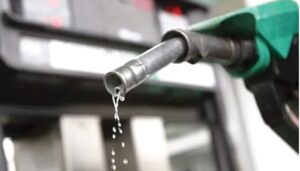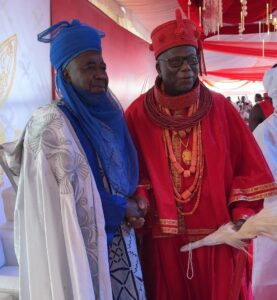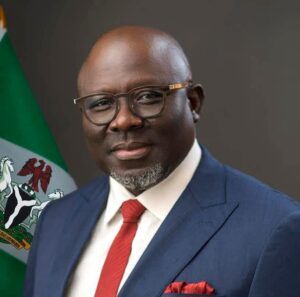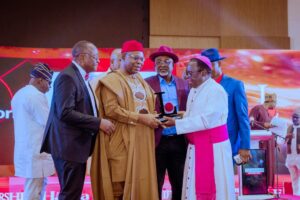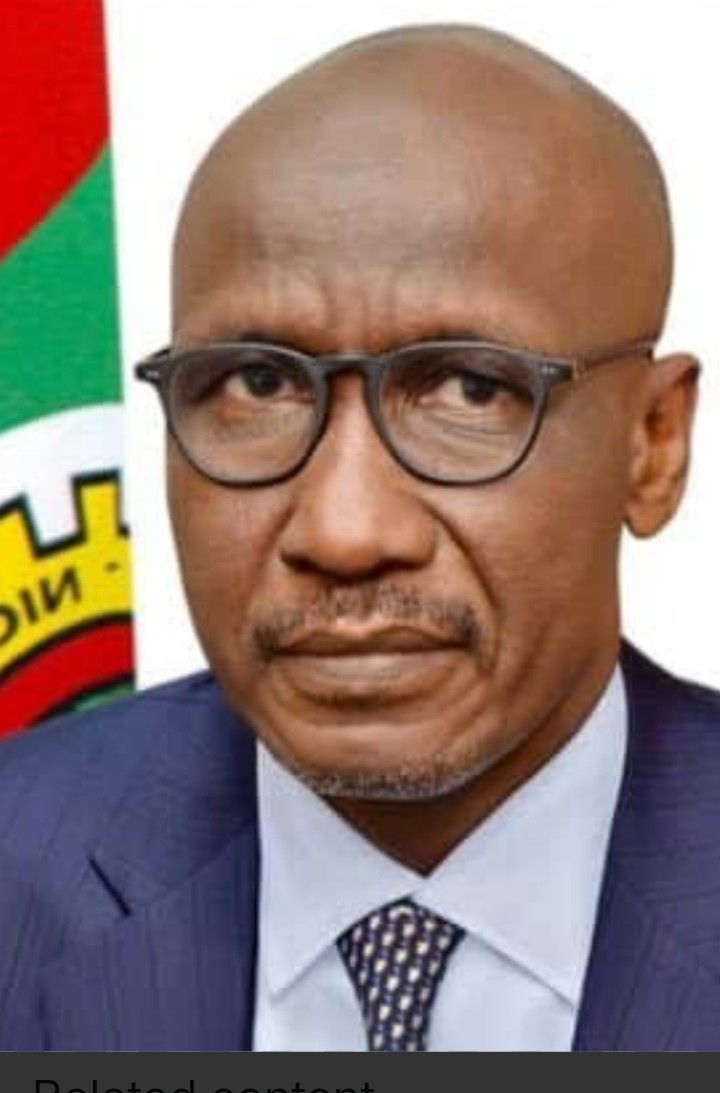
Mele Kyari, GMD NNPCL
* Says they will reconcile fuel subsidy deductions with FG
By Jon Egie
Immediate past president, Muhammadu Buhari administration may have been indicted of fraud as the Nigerian National Petroleum Company Limited, NNPCL alleged that the national oil company did not receive any money for fuel subsidy from the federal government for seven years, since 2016 till 2023 when Buhari left office.
Muhammadu Buhari became Nigeria’s President in 2015 and held the position of Minister of Petroleum for eight years of his two term administration.
Posting a factsheet on its verified twitter handle, yesterday, NNPCL said that it will reconcile fuel subsidy deductions with the Federal Government, after stating that no fuel subsidy payments were made to marketers since January 2016.
On May 31, 2023, that is two days after President Bola Tinubu removed fuel subsidy, Group Managing Director and CEO of NNPCL, Mele Kyari said the Federal Government owed it over $6 billion (N2.8 trillion).
The implication is that the Buhari administration did not pay a dime from the money said to have been deducted from the federal government account to NNPCL in lieu of fuel subsidy and the sum of N2.8trillion owed the company but supposedly have been deducted from the country’s coffer is the quoted amount that the NNPCL has paid to Marketers but not refunded to the NNPLC.
A development update report from the World Bank on Nigeria states that the President Tinubu decision to remove the fuel subsidy marks a crucial initial step towards restoring macroeconomic stability, creating fiscal space, and improving growth prospects.
The World Bank report stated that the removal of the subsidy will improve Nigeria’s fiscal position as it sets the foundations for a more resilient, faster-growing economy. The bank warned, however, that the overall fiscal impact of the decision will depend on several factors, including how the Government plans to use savings from the fuel subsidy regime.
It would be recalled that Mele Kyari had stated earlier that the fuel subsidy regime only benefitted about 10% to 15% of Nigerians because the regime was mainly helpful to those who belong to the elite or upper middle class.
According to him, those who benefitted from the fuel subsidy regime were the upper class in society because they have a wide range of vehicles that are not used for mass transportation.
Credit: Nairametrics



